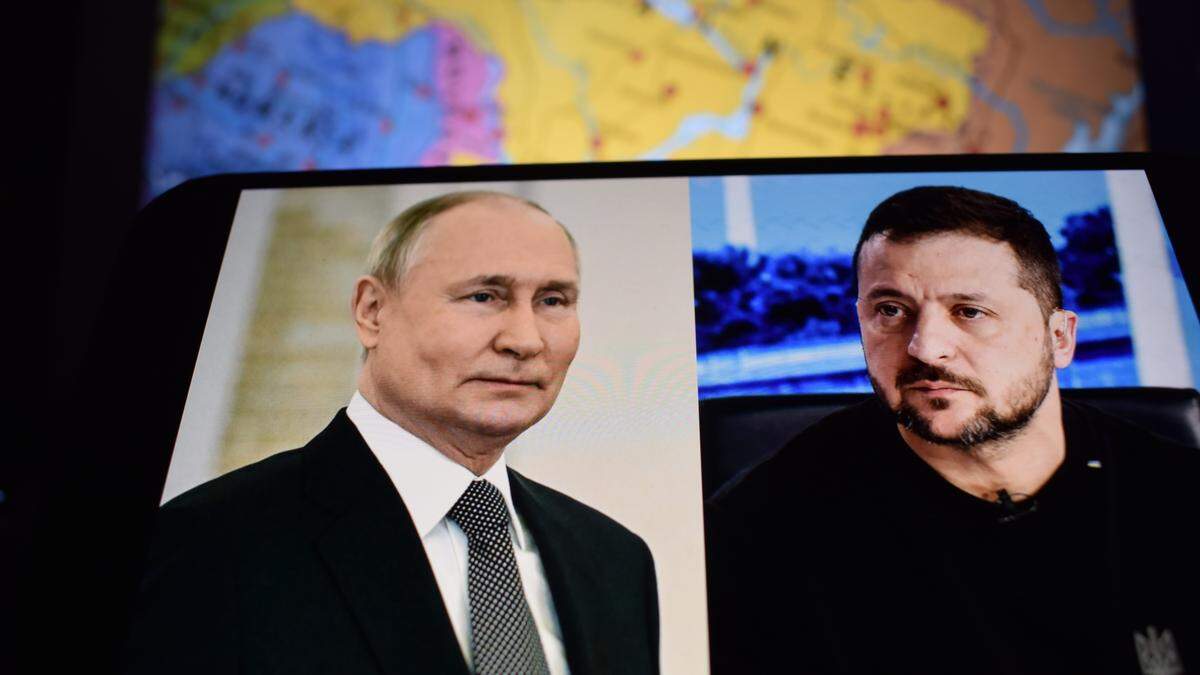Luxembourg has officially joined the international coalition supporting the establishment of a special tribunal to prosecute Russia for the crime of aggression against Ukraine.
This move aligns Luxembourg with over 40 countries backing the initiative, which aims to hold senior Russian leaders accountable for initiating the 2022 invasion.
On 9 May, Luxembourg’s Foreign Minister Xavier Bettel visited Lviv, Ukraine, to participate in discussions marking Europe Day. During his visit, Bettel reaffirmed Luxembourg’s commitment to international justice and the rule of law, emphasising the country’s support for the tribunal’s creation.
During a meeting of the Council of Europe on Wednesday, ministers confirmed the creation of the tribunal under an agreement with Ukraine, which aims to address the limitations of the International Criminal Court (ICC) in prosecuting the crime of aggression, as Russia is not a signatory to the ICC.
The mandate of the special tribunal is to prosecute high-ranking officials for the crime of aggression against Ukraine. “It should be noted that this does not only concern the criminal responsibility of Russian nationals, but also that of any person against whom evidence shows that they played a significant role in this crime in Ukraine,” the Luxembourg foreign ministry said.
According to the Council of Europe, the legal steps required to establish the court could be completed by the end of the year. States would then have to approve the legal documents through national-level procedures. In addition, they would have also have to secure funding for the functioning of the court.
Why a new court and not the ICC?
The ICC is already investigating alleged war crimes and crimes against humanity committed during the Russian invasion. However, it does not currently have jurisdiction over the crime of aggression in this case
“The ICC has jurisdiction to investigate war crimes, crimes against humanity, and genocide in Ukraine. However, due to the jurisdictional limits applicable to crimes of aggression, it currently lacks the legal authority to prosecute the crime of aggression in this case. A special court would fill this gap,” the Council of Europe said.
Whether the court will succeed in bringing the Russian leadership to justice remains uncertain. “There are clear legal, political and practical obstacles – including the immunity of sitting heads of state, heads of government and foreign ministers – and it will be difficult to physically apprehend any indicted individuals,” the Council of Europe said. “However, international law is evolving, and personal immunity is no longer a carte blanche for impunity.”
(This article originally appeared on Virgule. Translated using AI and edited by Kabir Agarwal)
